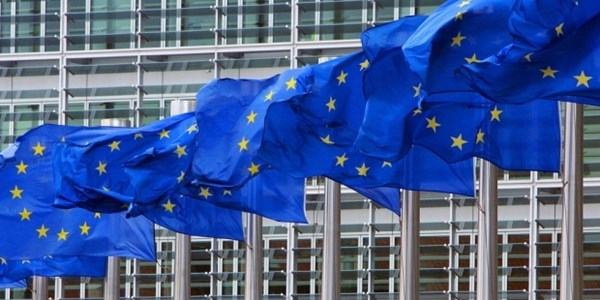EU allocates €1 billion from frozen Russian assets to bolster Ukraine's defense
The European Union has allocated €1 billion to Ukraine from the income of frozen Russian assets, a significant financial support to fuel Ukraine's defense capabilities. The decision was formalized on May 9 in Lviv, with the signing of an agreement by Ukrainian Prime Minister Denys Shmyhal and foreign ministers from EU member states and the UK.
This financial boost is earmarked for the development of Ukraine's air defense systems, and the purchase of domestic weaponry under the so-called Danish model. €600 million will be spent on artillery and ammunition, and over €200 million towards enhancing Ukrainian air defense.
In 2024, partner nations began sourcing weapons directly from Ukrainian manufacturers, with Denmark leading the way, followed by the Netherlands, Sweden, Norway, Canada, and the Baltic states.
The initiative, described as "historic" by Shmyhal, reflects a strategic use of proceeds from Russian frozen assets channeled through the European Peace Facility.
Beyond this, the EU plans to allocate an additional €900 million to support Ukraine’s armed forces, powered by revenues from Russian asset compressions, according to EU Deputy Secretary-General Charles Fries. This bumps the total defense industry support to €3.3 billion.
France earmarks frozen Russian assets for maintaining 60 Caesar howitzers in Ukraine. The Franco-German defense consortium operating the production of the Caesar systems opened a service center in Ukraine, enhancing tech support via French company KNDS.
Meanwhile, Germany opted for classifying its weapons supply chain, aiming at strategic ambiguity to curb Russia’s military strategies, as per Der Spiegel. Such moves underscore Western commitment to assisting Ukraine robustly.
Japan's agreement with Ukraine primes $3 billion in Russian asset-derived funds within the ERA framework, targeting key economic recovery plans. This complements targets for raising $50 billion under the scheme, shared by Ukrainian Finance Minister Serhii Marchenko.
Given the potentially impending block by Hungary, maintaining sanctions, particularly relating to €190 billion held in Belgium's Euroclear, poses a diplomatic hurdle. Belgium's Maxime Prévot underscores the need for alternatives like an international coalition for holding these assets.
